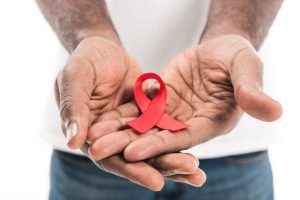Since August, more than 1,300 suspected cases of plague have been reported in Madagascar, according to a World Health Organization (WHO) situation report released last week, while some 93 people have died.
Plague is an annual occurrence in Madagascar, but this year’s outbreak has raised particular concerns as it affecting urban centres, mainly in its pneumonic form, spreading from person to person via respiratory droplets. Plague is a disease that has existed in many regions for millennia, most commonly in bubonic form, which is spread by infected fleas from the rodent hosts to humans.
South Africa is prepared to detect and safely manage imported cases. South Africa has one direct flight a week from Madagascar and travellers are screened on arrival for fever or cough, and any ill passenger will be assessed in the airport clinic. Madagascar is screening all travellers leaving the country to prevent ill persons from boarding aircraft and this appears to be effective.
The NICD has specialised testing available to detect plague. If a suspected case arrives in South Africa‚ the country has a network of communicable disease workers, who would trace the patient’s contacts and offer preventive antibiotics if required.
The WHO has advised that no travel and trade restrictions are required. The risk of international spread remained very low, the report said, while the region faced ‘moderate’ risk – this assessment remains unchanged since the outbreak began.
If potentially-exposed travellers returning from Madagascar develop a cough‚ fever or painful swollen glands‚ obtain medical attention without delay. Travellers in Madagascar should apply insect repellent containing DEET, as the disease is spread by fleas, and should avoid crowded areas, ill people, and sick or dead animals.
In an age of increasing resistance to antibiotics‚ plague remains treatable with appropriate, commonly-available antibiotics.




